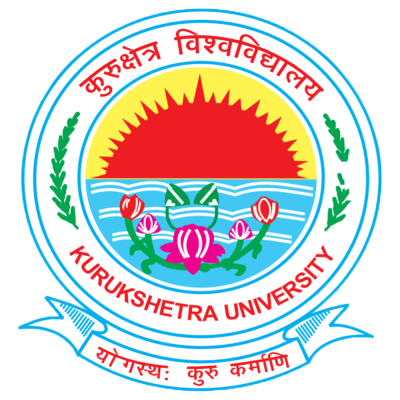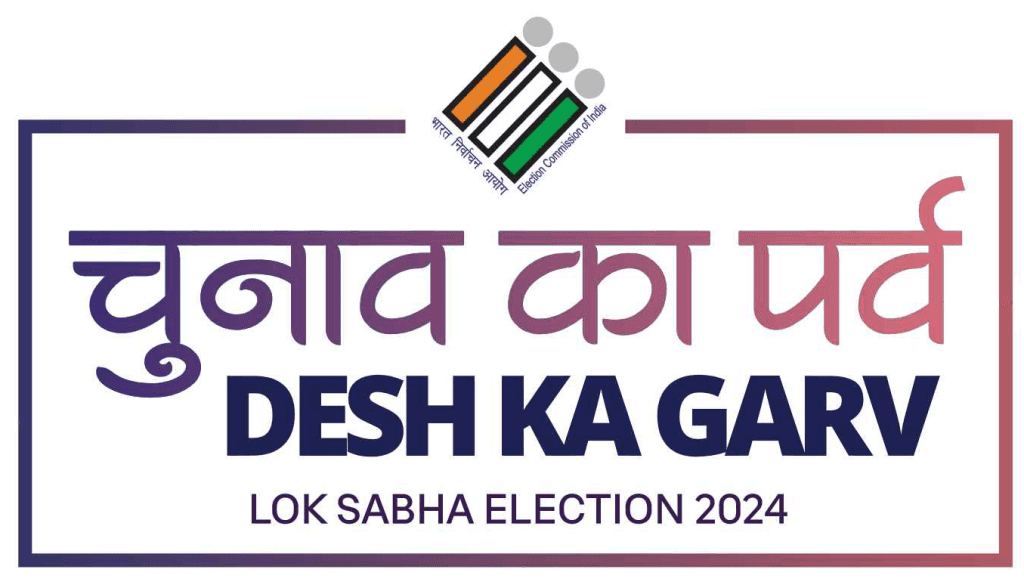Center >> Dr. B.R. Ambedkar Studies Centre
Dr. B.R. Ambedkar Studies Center
Intercom: 2608, E-mail: dirbrasc@kuk.ac.in
Director: Prof. Gopal Parshad (Retired)
Intercom: 2551
Assistant Director: Dr. Pritam Singh
Intercom: 2777
Office:
(Intercom: 2608)
Computer technician (On Outsourcing basis): Mrs. Renu Rani
About the Centre:
The Centre for Dr. B. R. Ambedkar Studies was set up in Kurukshetra University in June, 1992 to mark the centenary celebration of Baba Saheb Dr. Bhim Rao Ambedkar who played important role in the constitutional development and emancipation of the Scheduled Castes and weaker sections of the society. A separate building was dedicated to the Centre in the year 2013 near Deptt. of Tourism and Hotel Management. The Centre has well stocked and organized Library having more than 3000 books. It has also a small Computer Lab.
OBJECTIVES & ACTIVITIES:
The main objectives of the Centre for Dr. B.R. Ambedkar Studies is to disseminate the philosophy of Dr. Ambedkar & understand the relevance of his vision & mission in present era. It aims to study and research the philosophy and the contribution of Dr. B.R. Ambedkar scientifically and objectively.
The main objective is achieved through the following activities:
To encourage students of M.Phil., Ph.D. courses and other scholars to work on Dr. Ambedkar and the social problems such as untouchability, social injustice, women & labor rights, social imbalance, harmony and equity in the society.
To collect and publish writings and speeches of Dr. Ambedkar and to bring out publications and journals devoted to his life, the subjects in which he contributed.
To hold seminars, symposia, lectures and competitions on Dr. Ambedkar’s life, work and ideology and to provide a common platform to the scholars working on Dr. Ambedkar’s thoughts in India and abroad to share their views and experiences.



